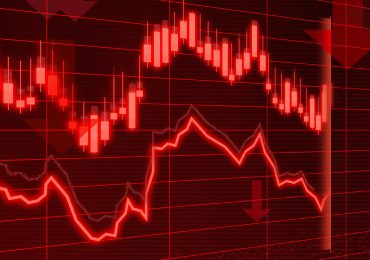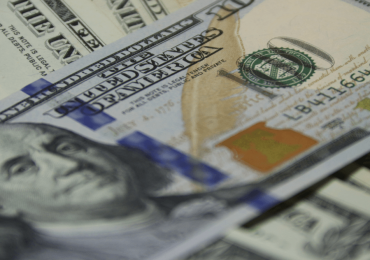A recent article in Morningstar suggests that, whether or not we are technically in the throes of a recession today, “we must gird up for the inevitable recessionary environment wrought by the devastating social and economic impact of the ongoing coronavirus pandemic.”
But the length of such a recession or the recovery on the other side of it are both difficult to predict, the article says. It cites comments from Morningstar health strategist Karen Andersen, who says that unlike the post-2008 recession, the coronavirus-induce downturn will not cause a long-term GDP loss. Nigel Green, founder and chief executive of financial advisory firm deVere Group, says this recession will be deep but short, since it was triggered by “an unexpected shock rather than any imbalances in the economy.” He adds, however, that the world will change in its wake: “A Covid-19 recession is likely to fundamentally shift how we live, do business and invest. We’re moving towards an era of negative interest rates.”
The article offers insights from several experts regarding how best to prepare for a recession:
- Simon Fraser University finance professor Andrey Pavlov says it’s a good time to use lower asset prices to “create a comfortable portfolio with a mixture of stocks and bonds appropriate for the long-term.”
- Raymond James portfolio manager Mary Hagerman says the best way to prepare for the unknown is to have cash on hand: “Typically, for at least two years of living expenses in order to avoid having to sell investments should the market retreat.”
- Internet Wealth Builder editor and publisher Gordon Pape argues that the time to start deploying cash will be when the market rebounds 20% from its low.
Regarding where opportunities will present themselves, the experts weigh in:
- According to Green, the coronavirus outbreak “can be expected to speed up the so-called Fourth Revolution, which is fueled by new technologies, such as Artificial Intelligence and mobile supercomputing.”
- Pavlov argues that any technology that facilitates remote connection will be increasingly important— “not just video conferencing, but virtual reality for meetings and gatherings.”
- Hagerman says, “Even if technology stocks looked expensive prior to this outbreak, technology is what is helping us work from home, order groceries online and watch movies while we self-isolate. Technology may continue to dominate and there will be many more new business ideas coming from this sector.”
The article concludes by advising investors against trying to time the market: “To draw from the 2008 financial crisis, investors who didn’t panic-sell were richly rewarded when the stock market rebounded.” It adds that investors should ensure their portfolio allocations reflect their investing time horizon. For example, someone looking at retirement in 20 years “has nothing to worry about—we have recovered from every previous crisis and done much better at the end.” If, on the other hand, an investor is closer to retirement, Pavlov suggests a conservative portfolio is in order, including some allocation to bonds. “Bonds do very well when interest rates are falling,” he notes.
“Even the best companies get hit when the entire market collapses,” the article says, “but when the bloodbath ends, companies with strong fundamentals will roar back to new highs as the 2009 financial crisis showed.”







